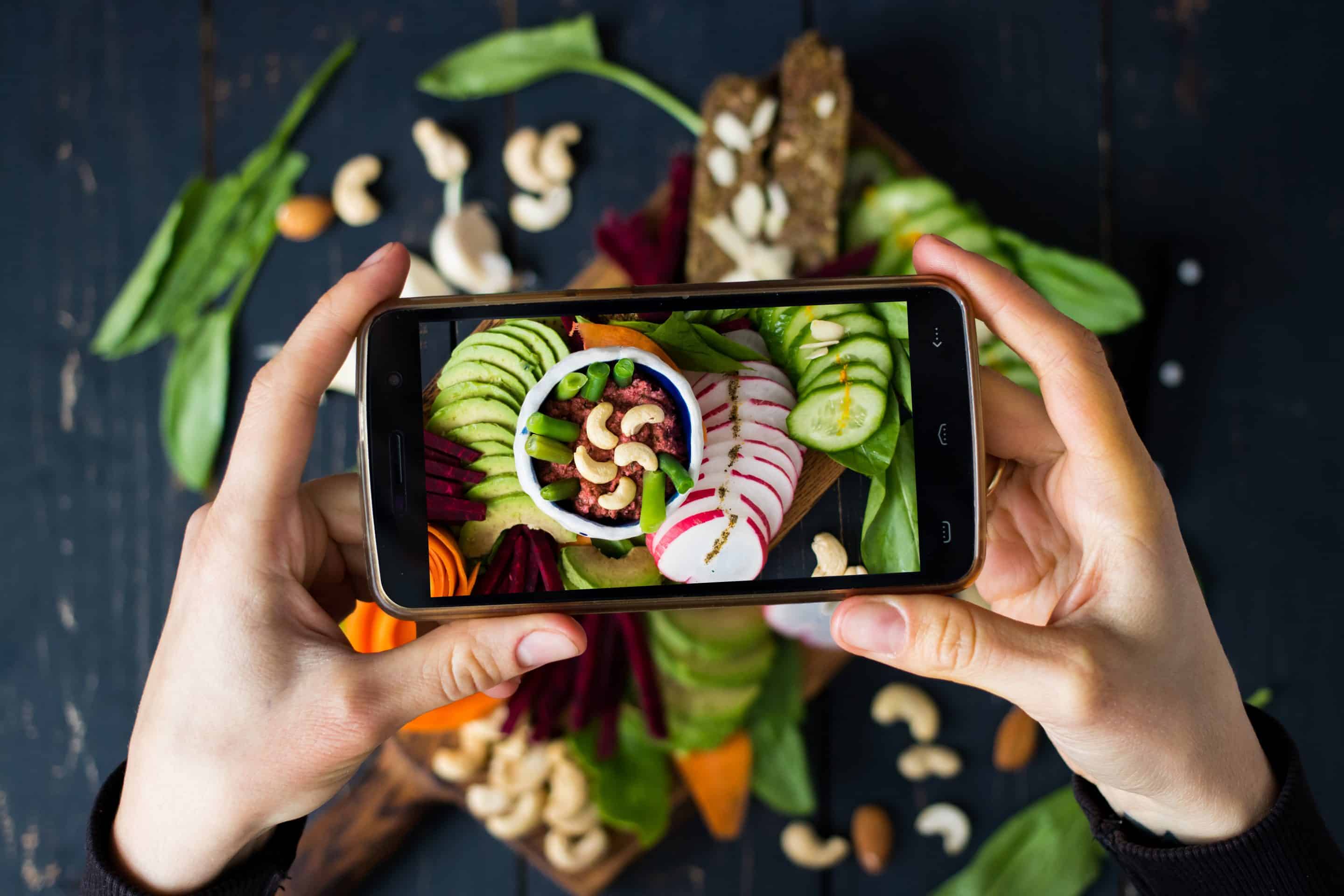
Debunking Health Trends
In an era where information is at our fingertips, healthcare is flooded with myths about taking care of yourself. From fad diets to other health trends, it’s crucial that you can understand fact from fiction. Let’s take a look at some of the most popular health myths on social media.
Detox Diets
Detox diets claim to help the body eliminate toxins through strict regimens of juices or other specific foods. However, the human body has a built-in detoxification system, primarily managed by the liver and kidneys. These organs work to eliminate toxins without the need for extreme diets. Instead of trying one of the cleanses, focus on maintaining a balanced diet with plenty of fruits, vegetables, and water to support your body’s natural detoxification process.
Gluten-Free Diet for Everyone
The gluten-free trend has led many to believe various health issues could be solved by eliminating gluten. While individuals with celiac disease or gluten sensitivity benefit from avoiding gluten, most people don’t require these restrictions. Eliminating gluten without reason may actually lead to nutritional deficiencies. A well-rounded, varied diet is the key to good health. Check with your provider on whether eliminating gluten is the right step for your health.
All Carbs Are Bad
Any diet that has you eliminate an entire food group raises concern as they each contain vital nutrients. Eliminating good carbohydrates, like fruit and whole grains, is not necessary. Highly processed carbohydrates such as white bread, cookies, and others should be consumed in moderation. Cameron’s Dietician, Hailey Johnston, shared insight on this health myth. “Carbohydrates are actually our body’s preferred fuel source. We need them to supply energy for the things that we do every day. Not all carbohydrates are created equally. We want to focus on adding more complex carbohydrates versus simple carbohydrates. When looking for things like bread, pasta, cereal, and granola bars to find a good quality carbohydrate look for more fiber and decreased added sugars”.
Eating Healthy is Too Expensive
It may take some extra planning, but eating healthy is attainable for everyone. Planning meals, choosing fruits/veggies that are in season, and sticking to your grocery list are all ways to make healthy eating more affordable.
You have to follow a diet to lose weight/ be healthy.
Hailey actually recommends not following a diet. Instead, people need to focus on making small livable changes to their everyday lives that over time will lead to healthier everyday choices. An example of this could be if a person is not used to eating fruits and vegetables, adding vegetables to every dinner meal. Another example of this could be if someone is used to drinking two sugar-sweetened beverages a day to decrease this to one. Once a person gets used to that small livable change then they pick another one. This is a sustainable way to achieve an overall healthy diet versus going on a diet.
As social media continues to infiltrate our day to day lives, it is important to view health trends with caution. Listen to your provider and your body when deciding what health advice is best for your well-being.
©2024 Cameron Memorial Community Hospital
416 E. Maumee Street, Angola, IN 46703

Recent Comments